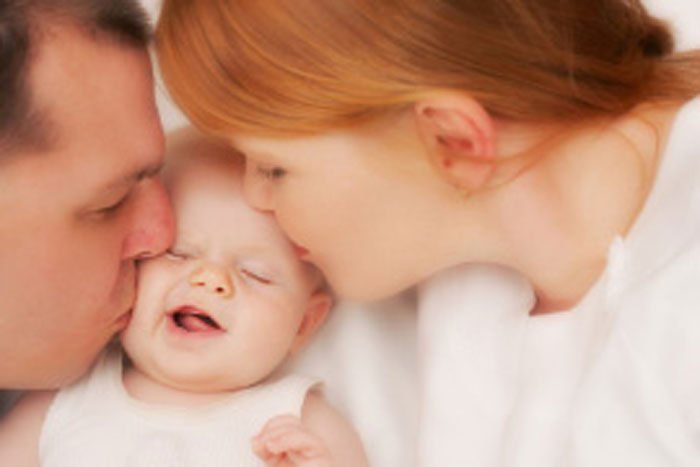Fertile days & fertility:
What the immune system has to do with it
Fertile days are the window of time in the female cycle when pregnancy is most likely to occur. But what if conception does not occur despite seemingly perfect timing?
Fertility can be influenced by many factors – and not all of them are of a physical nature.
In addition to hormonal causes or organic changes, stress, psychological strain and environmental factors also play a role. These external influences can disrupt the cycle and therefore also the fertile days – without a clear illness being present.
One aspect that is often underestimated is the immune system. An intact, well-balanced immune system not only supports the implantation of the embryo, but is also crucial for a stable pregnancy. However, if the immune system is out of balance, dysregulation can occur – with far-reaching consequences:
- Defense reactions against sperm or egg cells
- Inhibition of implantation
- Increased risk of miscarriage
- Defense reactions against sperm or egg cells
- Inhibition of implantation
- Increased risk of miscarriage
- Defense reactions against sperm or egg cells
- Inhibition of implantation
- Increased risk of miscarriage
At the Kinderwunschzentrum Karlsruhe, we also analyze immunological factors that could influence fertile days and conception. With targeted examinations and individual treatment approaches, we help couples to identify and overcome potential obstacles – for the best possible support on the path to pregnancy.
Would you like to know how to make the most of your fertile days and what your body needs for this? We are happy to support you with medical expertise and a great deal of empathy.
Possible causes for the woman
- Various hormonal disorders
- Completely or partially blocked fallopian tubes
- Endometriosis, this means growth of endometrium outside the uterus
- Hormonal disorders of various kinds (pituitary gland, ovary, adrenal cortex, thyroid gland) can lead to disorders of oocyte maturation.
- Less common are malformations of the ovaries, fallopian tubes or uterus
- Extremely rare are reactions of the immune system against the partner’s own eggs or against the sperm cells.
- Certain surface defects of the oocytes can cause that no sperm can be taken up
- Very rarely, congenital causes in the sense of chromosomal malformations are
Possible causes for the man
- Insufficient number of well-motile normal spermatozoa
- Smoking is the most common cause of spermatogenesis disorders
- The most common causes are previous mumps infection, undescended testicles treated too late in childhood, environmental exposure, stress, or hormonal imbalances
- In rare cases, chromosomal malformations of the male can be responsible
- Infections can temporarily worsen the findings
- In rarer cases, sperm transport is disrupted
In many cases, there are reasons for involuntary childlessness in both partners.
Often, involuntary childlessness results from a combination of problems of both partners.

The treatment of infertility
Some couples can be helped with simple advice or simple remedies. Half of all couples with severe fertility problems who consult a reproductive physician in time because of an unfulfilled desire to have a child can be helped to have their own child.
Approximately 50% of all IVF-treated couples have a child from the treatment procedure within four treatment attempts. Some of our patients already have the 3rd child through our treatment.
The general and professional legal framework to which reproductive medical treatment in Germany is subject guarantees you a high quality of treatment and protects your sperm cells, oocytes and embryos from commercial misuse.

Social Freezing
Plan now – and realize your family later
Haven’t found the right partner by your side yet? No problem! Your personal family planning needs time.
By freezing your eggs as a young woman, biological time “stops” for you. The chance of getting pregnant later is just as high as at the time when you had the eggs frozen.
Further information about Social Freezing as an option for preserving fertility can be found in our flyer.
